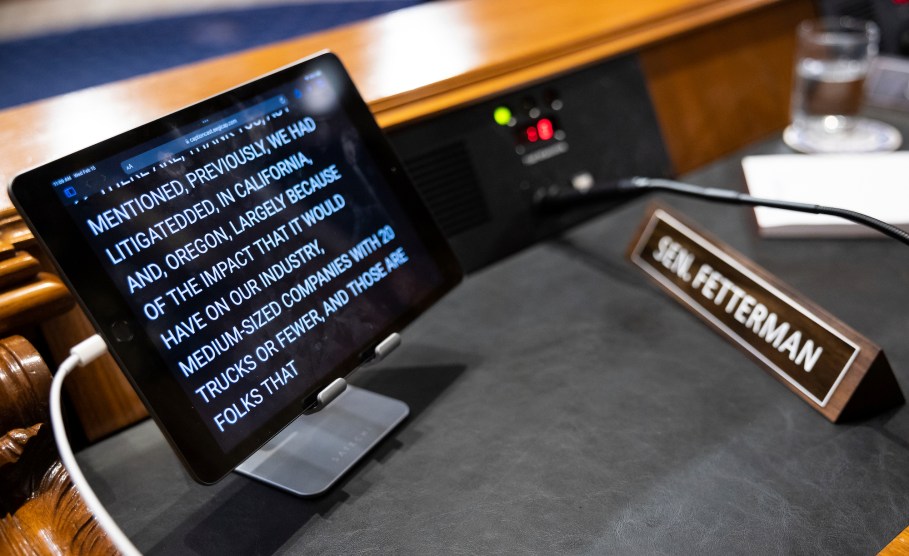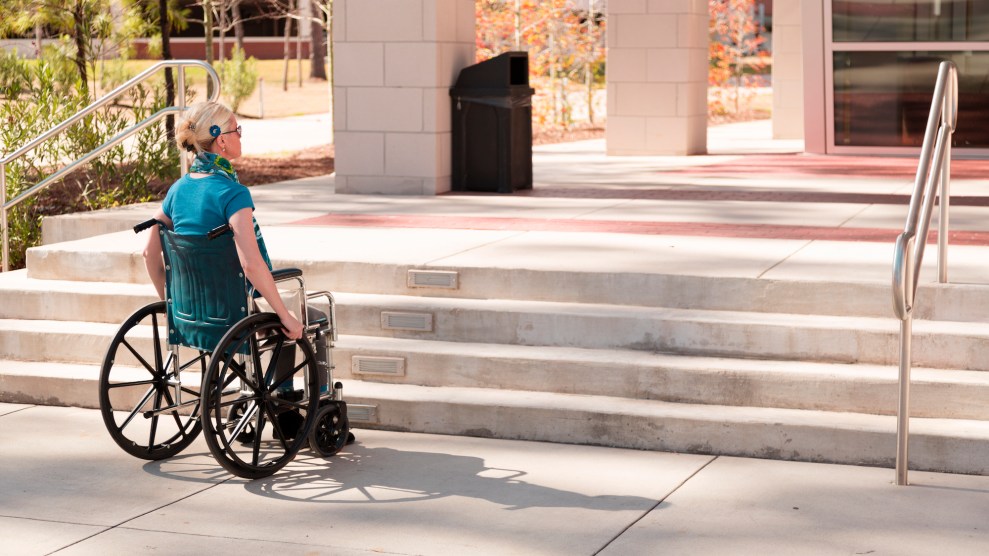
Francis Chung/Politico/AP
In recent months, there have been growing concerns about whether 90-year-old Sen. Dianne Feinstein, who has represented California in the Senate since 1992, can fulfill her congressional duties. No White House judicial nominees were able to be confirmed from February to May of this year, when Senate Republicans blocked an effort to temporarily replace the senator during her three-month absence due to shingles complications. After Feinstein returned to the Capitol, she told reporters she had “been voting” on legislation when she had in fact been absent. In late July, during a Senate Appropriations Committee vote, chair and fellow Sen. Patty Murray told Feinstein, who had begun to deliver a speech, to “just say aye” when voting. Some news outlets and Capitol Hill colleagues have raised concerns that Feinstein has trouble recalling what’s happening and is experiencing memory lapses, but Feinstein, who has said that she will not run for re-election in 2024, has not confirmed any age-related chronic health diagnoses.
Still, House Rep. Ro Khanna, who represents California’s 17th District, has been one of a few Democratic members of Congress openly calling for Feinstein’s resignation—a sign of serious reservations within the party. Being disabled, chronically ill, or having a temporary disability shouldn’t preclude anyone from holding office; the question is whether Feinstein is able to do her job with the kinds of reasonable accommodations disabled and chronically ill workers use every day. That is very much up for debate.
Reasonable accommodations, which employers are required to provide under the Americans With Disabilities Act, are modifications that help disabled people perform their jobs as capably as non-disabled people. Those accommodations can include, among many other things, working a hybrid schedule, having a sign language interpreter, using a screen reader, or being allowed to sit while working. If someone can’t perform their job despite reasonable accommodations, it could be legal grounds for termination.
There are politicians with disabilities who are able to fulfill their duty to their constituents thanks to such accommodations. Take Pennsylvania Sen. John Fetterman, who, to accommodate symptoms caused by a stroke during his 2022 Senate campaign, has used assistive technology like a closed captioning device to better understand people’s speech. Beyond gross jokes and memes (which Feinstein has also been the target of), media responses to Fetterman’s use of assistive tech show how little many know about accessibility—like NBC News reporter Dasha Burns, who interviewed Fetterman during that campaign, jumping to the conclusion that the senator didn’t comprehend what she was saying:
Burns’ Friday interview with Fetterman aired Tuesday. He used a closed-captioning device that printed text of Burns’ questions on a computer screen in front of him. Fetterman appeared to have little trouble answering the questions after he read them, although NBC showed him fumbling for the word “empathetic.” Burns said that when the captioning device was off, “it wasn’t clear he was understanding our conversation.”
Burns’ comments received backlash, as they should have. Given that around one in four people in the US has a disability, having more politicians who are openly disabled—or dealing with short-term health issues—is an asset in pushing for public understanding and legislative change to better serve disabled people. Illinois Sen. Tammy Duckworth, for instance, who uses a wheelchair, introduced a bill earlier this year that would collect and regulate data on issues disabled people face while traveling, like just how frequently airlines destroy or lose wheelchairs. With ableism rampant, it’s nice to have a public figure be open about how accommodations have helped him—it should be destigmatized, and Fetterman’s visibility helps that happen.












